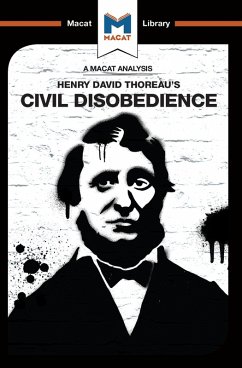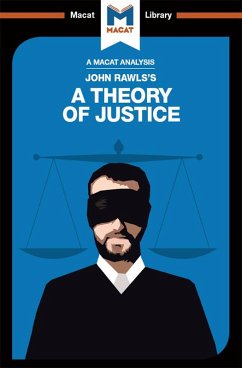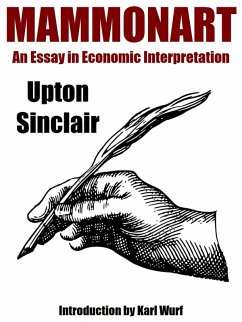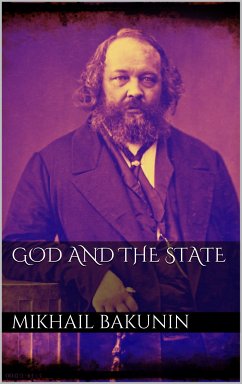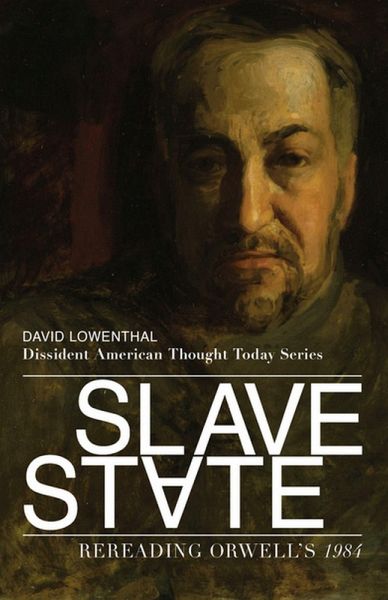
Slave State (eBook, ePUB)
Rereading Orwell''s 1984
Versandkostenfrei!
Sofort per Download lieferbar
13,95 €
inkl. MwSt.
Weitere Ausgaben:

PAYBACK Punkte
7 °P sammeln!
David Lowenthal transposes present society onto that in the novel, 1984, and illustrates "how the quest for a perfect society led instead to the worst--in the course of revolting against which the true ends of life are established." It is more than suspicion: the year 2021 is 1984. What many understand by instinct, Lowenthal here articulates in clear terms using the political prophesy of this no longer futuristic literature. To be one without truthful unity? This is the picture of human brotherhood ushering in the only thing worse than inequality--enslavement. There is no positive political me...
David Lowenthal transposes present society onto that in the novel, 1984, and illustrates "how the quest for a perfect society led instead to the worst--in the course of revolting against which the true ends of life are established." It is more than suspicion: the year 2021 is 1984. What many understand by instinct, Lowenthal here articulates in clear terms using the political prophesy of this no longer futuristic literature. To be one without truthful unity? This is the picture of human brotherhood ushering in the only thing worse than inequality--enslavement. There is no positive political message in 1984, argues Lowenthal, but there is positive moral message that is nearly always overlooked by commentators. "Through the movement of the novel, Orwell tries to impress on the passions, hearts and minds of his readers the most valuable lessons concerning the right and wrong way to live. With the decline of Christianity's influence in forming the moral sense of the West and the concomitant increase in power hunger, wielding instruments born of modern enlightenment, what mankind most needed was moral guidance, conveyed not abstractly, through philosophy, but in such a way as to grip the whole soul." But can Orwell be trusted as a guide to the goodness in human nature? Lowenthal says he can be, and more. He gives us a sketch of the intellectual process that compels Orwell to ultimately outgrow Marxism, his detection and rejection of totalitarian regimes (above all in Communism), and in what way the principles of liberalism of his day were given warning labels by a writer who was not a formally educated political philosopher. Laced with relativism, any current of thought that does not acknowledge the proper ends of man will be effaced by the next master of the masses. Lowenthal echoes Orwell when he says, "we have abandoned inculcating good citizenship, higher ideals and a sense of personal worth in the schools, encouraging instead an aimless low-level conformist 'individuality' just waiting to be harnessed together and directed. Given these conditions, can we be sure we have left the conditions to the horrors of 1984 far behind as mere fiction?" Orwell and Lowenthal are unlikely co-collaborators, unless one perceives how much alike in their exhortations to fellow man they are. The steady tenor of their hard warning is made possible by a hope-soaked confidence that, in utter sobriety, is repulsed by anything that threatens human freedom and dignity. This book is required reading for anyone who believes in the return of socialism. Indeed, any recent university graduate should be debriefed by Lowenthal before entering the real world.
Dieser Download kann aus rechtlichen Gründen nur mit Rechnungsadresse in A, B, BG, CY, CZ, D, DK, EW, E, FIN, F, GR, HR, H, IRL, I, LT, L, LR, M, NL, PL, P, R, S, SLO, SK ausgeliefert werden.






